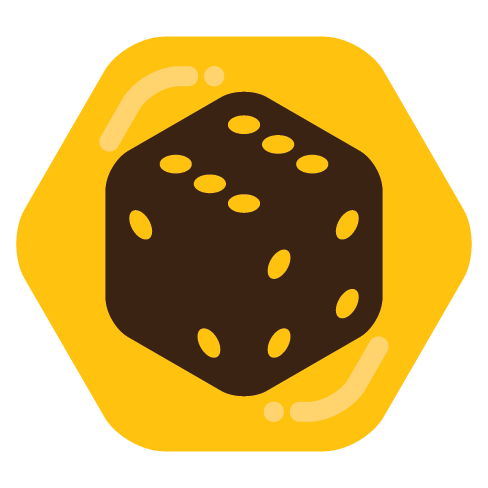I have a weekly board game meeting and I thought it would be fun to have the difficulty of the games change with every week. So like one week is light, then medium, then heavy. The light and medium week made sense, but then I discovered I had very few “Heavy” games.
A couple made sense, Millennium Blades and Argent: the Consortium still feel like a lot of thinking for me, even though I’ve played them a lot. But Spirit Island towered over my entire collection and I feel it is much easier to get into than the other two games. Also, Dead of Winter ended up in heavy games because of how I broke down the system.
I just used BGG’s average weight metric to categorize my games. Light is 1.99 and lower, Medium is 2.0 to 2.99, and heavy is 3.00 and higher.
Maybe I’m just making the tiers incorrectly. Any ideas? Also, any discussion on what you feel makes a game “complex” would be fun to read about.
IMO two different things can make a game heavy, and having either is enough even if you don’t have both.
First, is complication of decisions. This is the classic “heavy” angle, how much thinking you have to do each turn to execute your strategy.
Second, is the actual meta aspects, such as rules, or pieces, or setup. A game that is literally heavy by weight is highly likely to be heavy, especially if combined with lots of rules or pieces or exceptions. Even if the turn-to-turn is relatively simple, the act of setting everything up and having to learn & remember a whole slew of rules can make a game heavy
I also think the length of “the teach” in an important aspect. I’ve played games where it took an hour to set everything up and learn enough to get started. That definitely requires a special level of focus and investment on the part of the players.
Too complicated to learn whilst drinking?


